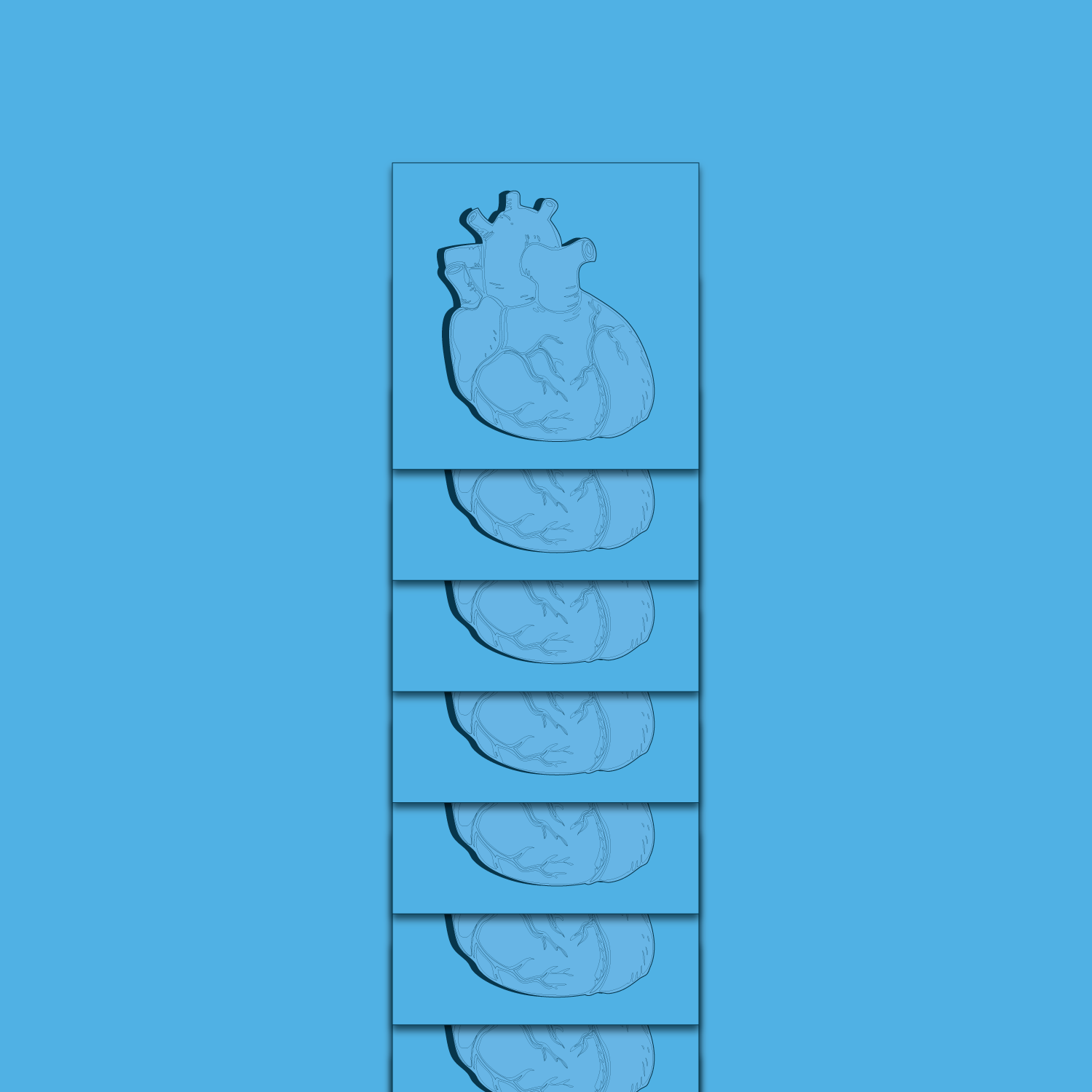
The Biomedical Applications of 3D Printing
The impact of 3D printing is expected to affect all of our lives at some point in the near future, whether it will be in the products we buy, the educational tools we use, or the medical care we seek.
Continue reading “Matter into Medicine”

Molecular modeling on computers can provide great benefits to society in a wide range of fields, such as medicine and the production and storage of renewable energy. It is a powerful tool that provides a window into the chemical world that is unparalleled in its ability to visualize the nano- and sub-nano environment. Continue reading “Science With A Pint: Our Curious Chemical World”

Since 1974, there has been mounting evidence of declining human sperm counts in several industrialized populations. But there are marked differences in occurrence and timing between regions, suggesting an environmental effect. Sperm counts have not yet declined to levels where fertility is severely threatened, but how serious is the problem and what might the future hold for our species?
Continue reading “Out for the Sperm Count: mysteries of a declining resource”

UChicago Science on the Screen
Your middle ear comes from the jawbone of a prehistoric fish. Your skin and hair can be traced to a shrew-like mammal that lived around 195 million years ago. As for your bad back — well, you can thank your primate ancestors for that. How did the human body become the complicated, quirky and amazing machine it is today?
Continue reading “Your Inner Fish”





